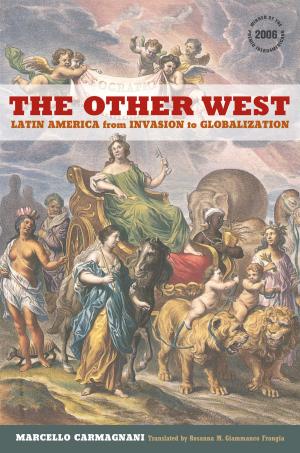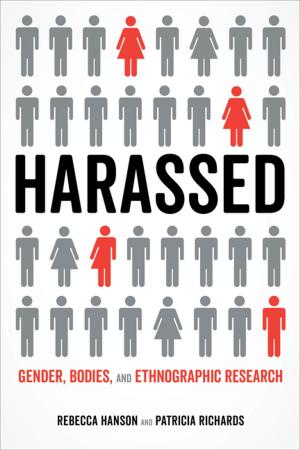Words Matter
Communicating Effectively in the New Global Office
Nonfiction, Reference & Language, Language Arts, Linguistics, Business & Finance, Business Reference, Business Communication, Social & Cultural Studies, Social Science, Anthropology| Author: | Elizabeth Keating, Sirkka L. Jarvenpaa | ISBN: | 9780520965171 |
| Publisher: | University of California Press | Publication: | October 18, 2016 |
| Imprint: | University of California Press | Language: | English |
| Author: | Elizabeth Keating, Sirkka L. Jarvenpaa |
| ISBN: | 9780520965171 |
| Publisher: | University of California Press |
| Publication: | October 18, 2016 |
| Imprint: | University of California Press |
| Language: | English |
In a twenty-first-century global economy, in which multinational companies coordinate and collaborate with partners and clientele around the world, it is usually English that is the parlance of business, research, technology, and finance. Most assume that if parties on both ends of the conference call are fluent English speakers, information will be shared seamlessly and without any misunderstanding. But is that really true?
Words Matter examines how communications between transnational partners routinely break down, even when all parties are fluent English speakers. The end result is lost time, lost money, and often discord among those involved. What’s going wrong? Contrary to a common assumption, language is never neutral. Its is heavily influenced by one’s culture and can often result in unintended meanings depending on word choice, a particular phrase, or even one’s inflection. A recent study of corporate managers found that one out of five projects fail primarily because of ineffective transnational communication, resulting in the loss of millions of dollars.
In Words Matter, you will venture into the halls of multinational tech companies around the world to study language and culture at work; learn practical steps for harnessing research in communication and anthropology to become more skilled in the digital workplace; and learn to use the “Communication Plus Model,” which can be easily applied in multiple situations, leading to better communication and better business outcomes.
In a twenty-first-century global economy, in which multinational companies coordinate and collaborate with partners and clientele around the world, it is usually English that is the parlance of business, research, technology, and finance. Most assume that if parties on both ends of the conference call are fluent English speakers, information will be shared seamlessly and without any misunderstanding. But is that really true?
Words Matter examines how communications between transnational partners routinely break down, even when all parties are fluent English speakers. The end result is lost time, lost money, and often discord among those involved. What’s going wrong? Contrary to a common assumption, language is never neutral. Its is heavily influenced by one’s culture and can often result in unintended meanings depending on word choice, a particular phrase, or even one’s inflection. A recent study of corporate managers found that one out of five projects fail primarily because of ineffective transnational communication, resulting in the loss of millions of dollars.
In Words Matter, you will venture into the halls of multinational tech companies around the world to study language and culture at work; learn practical steps for harnessing research in communication and anthropology to become more skilled in the digital workplace; and learn to use the “Communication Plus Model,” which can be easily applied in multiple situations, leading to better communication and better business outcomes.















